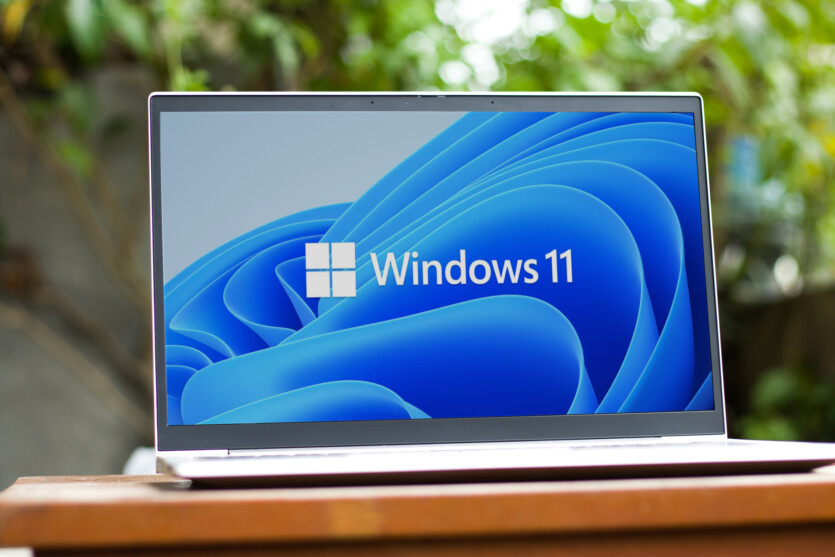
Microsoft published updated list of supported processors for new OEM systems running on Windows 11 24H2. It includes support for the latest Intel chips, such as Lunar Lake and Arrow Lake Core Ultra 200. However, the older 8th, 9th, and 10th generation Core processors suddenly disappeared from the list. This is probably due to the fact that Intel switched integrated graphics of 7-10 generations to «legacy support» mode back in December.
Although Windows 11 24H2 has been rolling out to users for several months now, it’s only now that Microsoft has published the official list of supported processors on its website for device developers. However, Microsoft also refers to this same list on its page of minimum system requirements for Windows 11.
When the first version of Windows 11 was released, many users were surprised to learn that Intel 7th generation (Kaby Lake) and older processors were not supported in the new OS. Now the same fate has befallen 8th, 9th, and 10th generation processors.
The refusal to support powerful processors released back in 2020, such as the Intel Core i9-10900K with 10 cores and 20 threads and a frequency of up to 5.3 GHz, is particularly surprising. Interestingly, the list still includes, for example, the weak Celeron 6305 (Tiger Lake, 2 cores, 2 threads), also released in 2020.
Microsoft does not explain what criteria it uses to decide on processor support. The documentation only states that future generations of processors that meet the general principles of compatibility will be considered supported, even if they are not on the list. At the same time, the company does not explicitly mention the termination of support for the 8th, 9th, and 10th generations of Intel.
Due to the lack of explanation, we can assume that this is just a bureaucratic error. However, Microsoft’s decision coincides with Intel’s recent decision to switch the integrated graphics of 7th-10th generation processors, as well as some Atom, Pentium, and Celeron chips, to legacy support. This confirms the theory that Microsoft is guided by Intel’s policy.
The question remains: will the lack of support for integrated graphics affect the ability to install Windows 11 24H2 on 8th generation processors if they use a modern discrete graphics card?
What about AMD?
As for AMD, Ryzen 8000 series processors have been added to the Windows 11 24H2 official support list for the first time. However, there are some inaccuracies: for example, Ryzen 7 Pro 8945HS should probably be Ryzen 9 Pro 8945HS, and the non-PRO version of this processor is not listed at all.
Microsoft also hasn’t added support for the new Ryzen 9000 and Ryzen AI for laptops to the list yet. For example, Ryzen AI 9 370HX is not among the supported processors. However, Microsoft reminds us that future processors based on supported models will be compatible, even if they are not on the list.
It’s worth noting that Microsoft is known for its inconsistent processor support policy. In the past, there have been cases when users received Windows 11 updates even on officially «unsupported» CPUs. So, it’s possible that owners of 8th-10th generation Intel processors will still be able to upgrade to Windows 11 on 24H2, even though they are formally excluded from the list.
It is worth noting that Windows 11 24H2 had several problems as with the hardwareand software.
Source: tomshardware

Spelling error report
The following text will be sent to our editors: